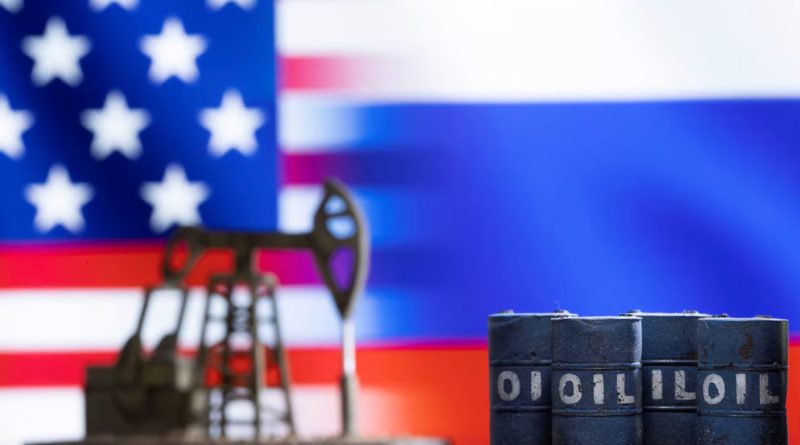The United States has imposed sweeping sanctions on Russia’s two largest oil companies, Rosneft and Lukoil, in a fresh bid to choke off Moscow’s ability to finance its war in Ukraine.
The move, announced Wednesday by the US Treasury Department, marks a sharp policy shift after weeks of hesitation in Washington over further punitive measures. It also came just a day after a planned summit between Presidents Donald Trump and Vladimir Putin collapsed, with Trump saying the timing “didn’t feel right.”
Treasury Secretary Scott Bessent said the sanctions were intended to push Moscow toward ending the conflict. “Now is the time to stop the killing and for an immediate ceasefire,” he said. Oil prices rose by more than $2 a barrel following the announcement.
For months, Trump had resisted calls from lawmakers to impose energy sanctions, hoping diplomacy could yield peace. But with no breakthrough in sight, the White House opted for a harder line.
Trump, however, ruled out supplying Ukraine with long-range Tomahawk missiles for now, saying Ukrainian forces would need at least six months of training. He also urged Chinese President Xi Jinping to use his influence over Putin to help halt the fighting, ahead of their planned meeting in South Korea next week.
Meanwhile, Russia flexed its military muscle by conducting large-scale nuclear drills. Footage released by the Kremlin showed General Valery Gerasimov reporting to Putin as missiles were launched from ground bases, submarines, and aircraft, including intercontinental ballistic weapons capable of reaching the United States.
Russia’s Defence Ministry said Tu-22M3 strategic bombers flew over the Baltic Sea, escorted by fighter jets from foreign—presumably NATO—forces. The display served as another reminder of Moscow’s nuclear strength, a message Putin has repeatedly used to deter Kyiv and its Western allies.
Adding to the pressure, European Union countries approved a 19th round of sanctions targeting Russia, including a ban on Russian liquefied natural gas imports.
At the same time, Sweden signed a letter of intent to export Gripen fighter jets to Ukraine, joining a growing list of European governments bolstering Kyiv’s defences. Ukrainian pilots have already trained in Sweden to operate the aircraft, which President Volodymyr Zelensky said his country expects to receive next year.
The developments come amid renewed uncertainty in the peace process. A planned Trump-Putin summit in Hungary was abruptly shelved after new diplomatic tensions arose. Trump said he did not want a “wasted meeting,” while the Kremlin insisted that preparations were still underway but required “thorough preparation.”
Sources said Moscow had reiterated its previous demand that Ukraine surrender control of the entire Donbas region—effectively rejecting Trump’s earlier proposal for both sides to stop at current front lines.
European defence stocks rose sharply following the sanctions announcement and summit delay, as investors bet on continued military spending across the continent.
EU leaders are also expected to discuss a proposal to use frozen Russian assets to extend a $163 billion loan to Ukraine, a move Moscow has condemned as “theft” and vowed to retaliate against.
The sanctions and military manoeuvres underscore the deepening divide between Washington and Moscow—and the growing uncertainty over how and when the nearly four-year-old war in Ukraine might finally end.






